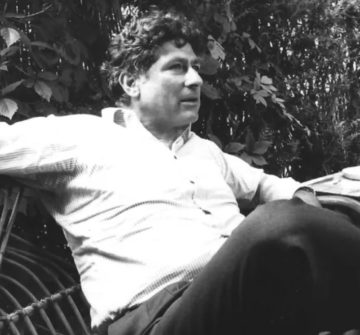Kaleem Hawa in The Nation:
 Edward Said was our prince,” the Egyptian novelist Ahdaf Soueif recently said in a conversation reflecting on the Palestinian public intellectual’s life and writings. An incomparable thinker, Said is credited with founding postcolonial studies, penning histories of cultural representation and “the Other,” and, in so doing, upending the Anglo-American academy. His Orientalism, published in 1978, is among the most cited books in modern history, by some accounts above Marx’s Capital and Darwin’s On the Origin of Species. Throughout decades of essays, books, and reviews, Said showed his care for form and the structures of feeling, seeing in their examination a means of understanding music, literature, the world, and Palestine, his home.
Edward Said was our prince,” the Egyptian novelist Ahdaf Soueif recently said in a conversation reflecting on the Palestinian public intellectual’s life and writings. An incomparable thinker, Said is credited with founding postcolonial studies, penning histories of cultural representation and “the Other,” and, in so doing, upending the Anglo-American academy. His Orientalism, published in 1978, is among the most cited books in modern history, by some accounts above Marx’s Capital and Darwin’s On the Origin of Species. Throughout decades of essays, books, and reviews, Said showed his care for form and the structures of feeling, seeing in their examination a means of understanding music, literature, the world, and Palestine, his home.
Said was many other things—a critic, a dandy, a narcissist, a mentor, a polemicist, and a singular wit. In 1995’s Peace and Its Discontents—the first of his books intended for an Arab audience—Said describes the Oslo Accords as a “degrading spectacle of Yasser Arafat thanking everyone for what amounted to a suspension of his people’s rights,” shrouded in the “fatuous solemnity of Bill Clinton’s performance, like a twentieth century Roman empire shepherding two vassal knights through rituals of reconciliation and obeisance.” The Palestinian leader for decades, Arafat would come to ban Said’s books in the West Bank and Gaza, a result of Said’s early positions in support of the one-state solution and his criticisms of Oslo.
Said’s commitment to the liberation of the Palestinian people made him enemies closer to home as well.
More here.
